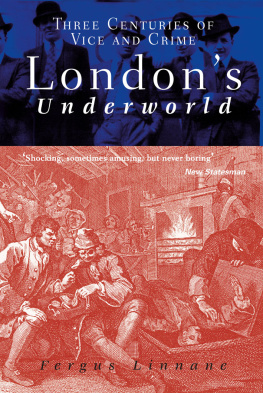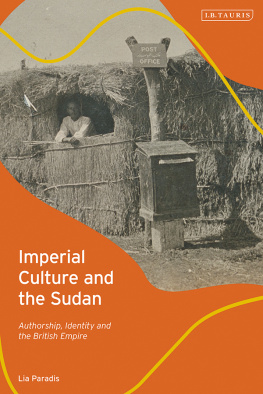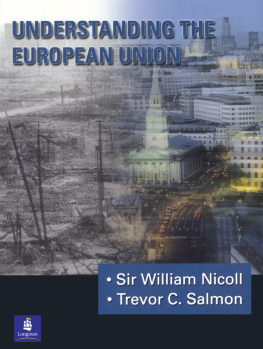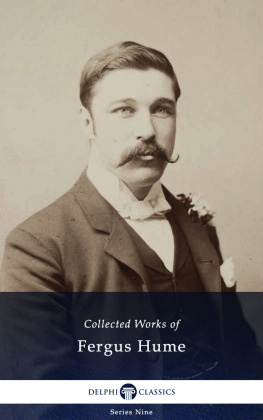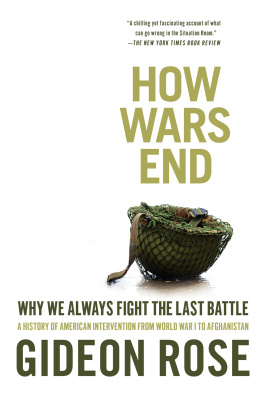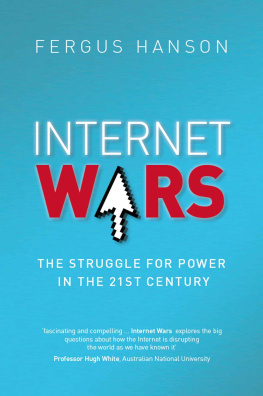First published in Great Britain in 2013 by
Pen & Sword Military
an imprint of
Pen & Sword Books Ltd
47 Church Street
Barnsley
South Yorkshire
S70 2AS
Copyright Fergus Nicoll 2013
ISBN 978 1 78159 182 6
EPUB ISBN: 978 1 47382 253 5
PRC ISBN: 978 1 47382 205 4
The right of Fergus Nicoll to be identified as Author of this Work has been
asserted by him in accordance with the Copyright, Designs and Patents Act
1988.
A CIP catalogue record for this book is available from the British Library
All rights reserved. No part of this book may be reproduced or transmitted
in any form or by any means, electronic or mechanical including
photocopying, recording or by any information storage and retrieval
system, without permission from the Publisher in writing.
Typeset in Palatino and Gentium by
Phoenix Typesetting, Auldgirth, Dumfriesshire
Printed and bound in England by
CPI Group (UK) Ltd, Croydon, CR0 4YY
Pen & Sword Books Ltd incorporates the Imprints of Pen & Sword Aviation,
Pen & Sword Maritime, Pen & Sword Military, Wharncliffe Local History, Pen
and Sword Select, Pen and Sword Military Classics, Leo Cooper, Remember
When, Seaforth Publishing and Frontline Publishing.
For a complete list of Pen & Sword titles please contact
PEN & SWORD BOOKS LIMITED
47 Church Street, Barnsley, South Yorkshire, S70 2AS, England
E-mail:
Website: www.pen-and-sword.co.uk
Contents
List of Illustrations
Authors Note
T his book had its origins in my research for a PhD in the history faculty at the University of Reading. It develops what I have felt to be missing links in my earlier work on Sudan during the nineteenth century, inasmuch as I have focused on the Sudanese side of the conflict rather than the ideological, political and military debates within the British establishment over the morality and practicality of intervention in Africa. Parts of my Introduction and what forms were published in Sudan Studies, the journal of the Sudan Studies Society of the United Kingdom. I am grateful to the editors of both for their permission to reproduce these sections.
For Sudanese and Egyptian names, in an attempt at clarity and consistency, I transliterate as precisely as possible from the Arabic. Thus the name of the Mahd is given as Muammad Amad rather than Mahomet Achmet, for example, or Uthmn Diqna instead of Osman Digna. This applies to place names too: al-Ubei not El Obeid; Sawkn not Suakin, let alone the contemporary Suakim; and Wd-alf instead of Wady Halfa or any of its many variants. In a few, more widely recognised cases, not least because so many crop up so frequently in news coverage of todays conflicts in Sudan, I have allowed non-academic convention to prevail. Thus, for example, I use Berber not Barbar, Darfur not Dr-Fr, Dongola not al-Danqal, Khartoum not al-Kharm, Kordofan not Kurdufn and Omdurman not Umm-Durmn.
In many of the primary, hand-written sources, emphasised words are frequently underlined. This has been rendered here in italics. Particularly strong emotions, especially in the correspondence and journals of both General Gordon and Queen Victoria, are conveyed in double or even triple underlining. These I have represented in capitals and underlined capitals respectively. Thus, for example, the monarchs third-person injunction to Gladstone: The Queen trusts Lord Wolseleys plan WILL be considered, and our whole position remembered.
Acknowledgements
I would like to thank the following for their assistance in the completion of this book: Rashda Abd-al-Karm, Dr Jonathan Bell, Prof. John Darwin, Rupert Harding, Prof. Ysuf Fdl assan, Roger Hearing, Jane Hogan, Prof. Richard Hoyle, Wald Khalafallah, Rabh al-Sdiq al-Mahd, Kaml Abd-al-Karm Mrghan, Jaqueline Mitchell, Prof. Philip Murphy, Dr Feisal Muammad Ma, Flora Nicoll, James Nicoll, Dr Kate Nicoll, Qsim Uthmn Nr, Uthmn Jafar al-Nuairi, George Pagoulatos, Thanassis Pagoulatos, Selma al-Ryah, Dr David Stack, Prof. Peter Woodward and Abbs al-Zein.
Dramatis Personae
British
Ellis Ashmead-Bartlett | Conservative MP |
Sir Samuel Baker | Nile explorer; interventionist agitator |
Gen. Valentine Baker | Commandant of Police in Cairo |
Sir Evelyn Baring* | British Agent and Consul-General in Cairo |
Wilfrid Scawen Blunt | Poet and anti-interventionist agitator |
Demetrius Boulger | Writer; friend of Gordons |
Capt. John Brocklehurst | Household Cavalry officer; friend of Gordons |
Col. William Butler | Officer in command of Wolseleys river-boats |
Duke of Cambridge | Commander-in-Chief of the British Army |
Lord Carlingford | Lord President of the Council |
Joseph Chamberlain | President of the Board of Trade |
Hugh Childers | Chancellor of the Exchequer |
Lord Randolph Churchill | Conservative MP |
Acting Maj.-Gen. Sir Andrew Clarke | Inspector-General of Fortifications |
Lt.-Col. Henry de Cotlogon | Acting Governor-General of Sudan |
Lord Derby | Colonial Secretary |
Sir Charles Dilke | President of the Local Government Board |
John Dodson** | Chancellor of the Duchy of Lancaster |
Lord Dufferin | Special Commissioner in Cairo |
Lord Fitzmaurice | Under-Secretary at the Foreign Office |
William Gladstone | Prime Minister |
Maj.-Gen. Charles Gordon | Governor-General of Sudan; Gladstones agent |
Sir Henry Gordon | Gordons brother and executor |
Gen. Gerald Graham | Commander of British forces in Red Sea Hills |
Lord Granville | Foreign Secretary |
Lt.-Col. J. Donald Hamill-Stewart | Intelligence officer and ADC to Gordon |
Edward Hamilton | Gladstones private secretary |
Sir William Harcourt | Home Secretary |
Lord Hartington | Secretary of State for War |
Adm. Sir William Hewett | Governor of Sawkn |
Acting Gen. William Hicks | Commander, Egyptian forces in Sudan |
Lord Kimberley | Secretary of State for India |
Baron Samuel de Kusel | Controller-General of Egyptian Customs |
Sir Edward Malet | British Agent in Cairo |
Charles Moberly Bell | Cairo correspondent of The Times |
Comm. Lynedoch Moncrieff | Royal Navy officer; British Consul at Sawkn |
Lord Northbrook | First Lord of the Admiralty |
Sir Stafford Northcote |


